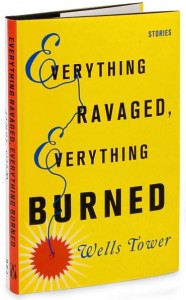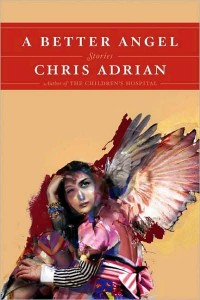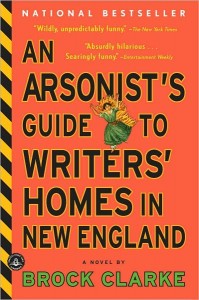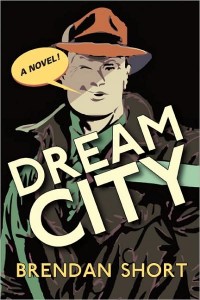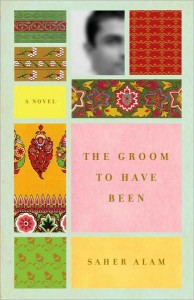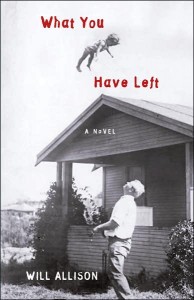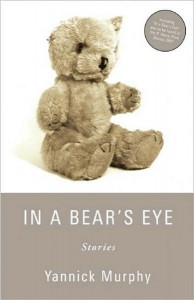Everything Ravaged, Everything Burned, by Wells Tower
by Brian Short
The first things you feel are joy and awe. The stories in Everything Ravaged, Everything Burned, Wells Tower’s first collection, are pieces that care, first and last, about telling a damn good story. Tower’s use of compression and summary to contextualize poignant or dramatic scenes is elegant and efficient. The granular and hilarious detailing of landscapes—North Carolina’s landscapes, in particular, are exuberantly and beautifully rendered in this collection—and of characters is solid, remarkable. The virtuosic moments in Tower’s prose make us gape, wince, laugh out loud: the hilarious or heart-rending one-liners, the hard-eyed endings, the way in which objects are imbued with astonishing, imagined inner lives of their own. But these stories are also relentlessly cynical.

